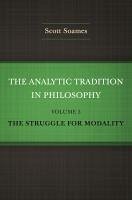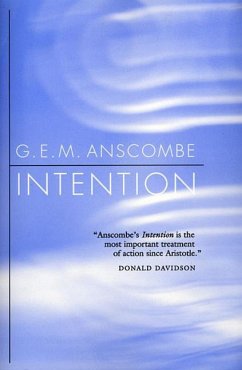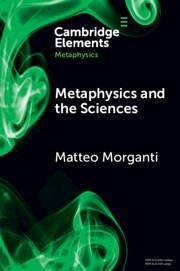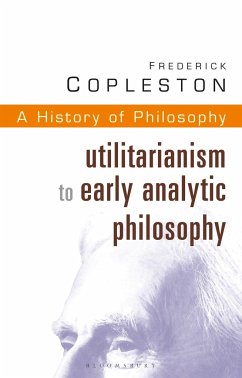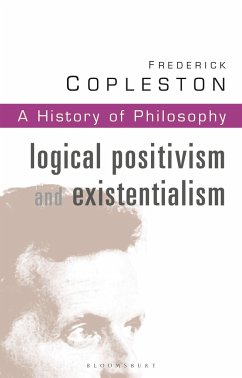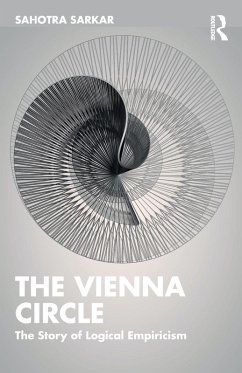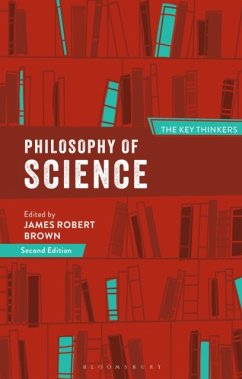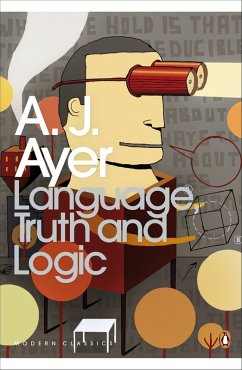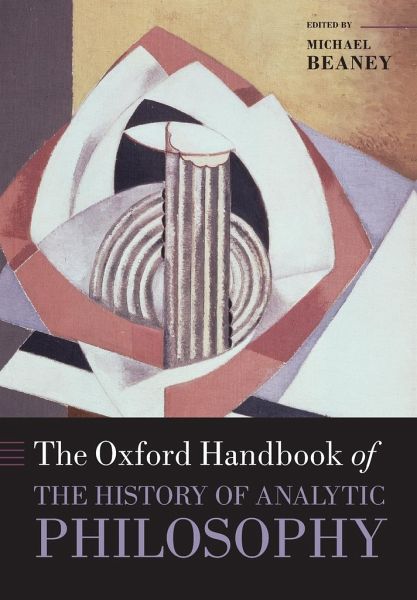
The Oxford Handbook of The History of Analytic Philosophy
Versandkostenfrei!
Versandfertig in 1-2 Wochen
69,99 €
inkl. MwSt.

PAYBACK Punkte
35 °P sammeln!
The main stream of academic philosophy, in Anglophone countries and increasingly worldwide, is identified by the name 'analytic'. The study of its history, from the 19th century to the late 20th, has boomed in recent years. These specially commissioned essays by forty leading scholars constitute the most comprehensive book on the subject.





